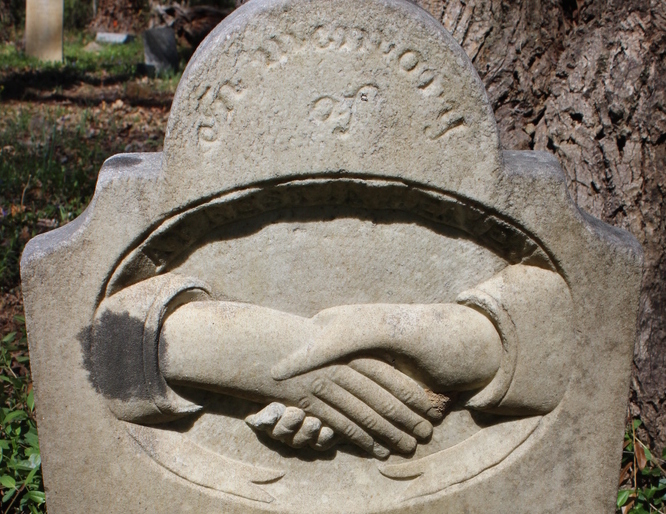
The South Asheville Cemetery, located in the Kenilworth neighborhood behind St. John “A” Baptist Church, is the resting place for approximately 2000 African American residents of Asheville, who were buried there from the mid-19th century to the early 1940s. In recent decades, the cemetery has been reclaimed and maintained by groups of volunteers, led by members of the South Asheville Cemetery Association. George Gibson, one of the founders of the Association, will be joined by Olivia Metz, Patricia Griffin, and David Quinn to discuss the history of the cemetery and the Association’s ongoing efforts to honor the people buried in the cemetery, to maintain this sacred and historic site, and to promote greater public awareness of African American history in Buncombe County.
About History Cafe
Ever wonder how Asheville came to get its drinking water from Black Mountain? What slavery looked like in western North Carolina (Yes, there were enslaved people here.)? How wagons, stagecoaches, and trains made it up the steep grade from Old Fort into Ridgecrest? Come to the Swannanoa Valley Museum & History Center one monday a month at 10:30am for a discussion about local history. Come start off your morning getting to know our region a little better!
Cost: $5 for museum members and students with ID. Nonmembers may pay $10 in advance online or at the door. Coffee will be provided.
Designed for adults and modeled after the popular Science Cafes taking place across the nation, Swannanoa Valley Museum & History Center’s monthly History Cafe offers lectures and workshops led by local experts and researchers on regional history topics. These hour-long meet-ups engage the many stories that have shaped our southern Appalachian community as a place — from geological changes to native histories, musical innovations, pioneer experiences, and labor struggles — and will end with informal discussion bringing our shared history into context with contemporary issues.
